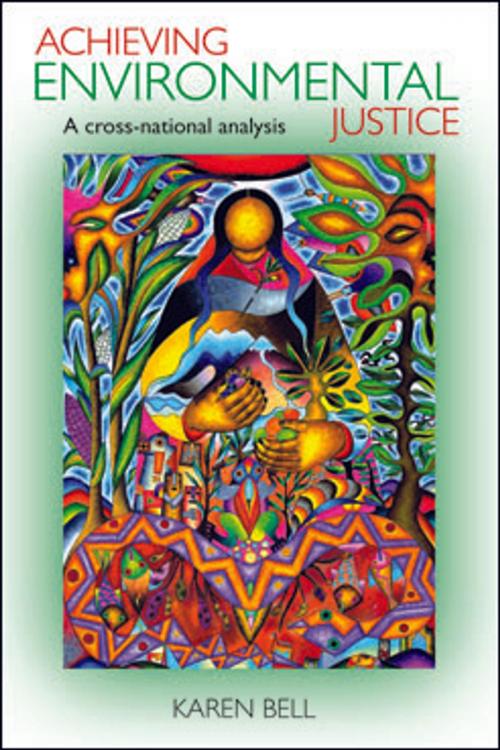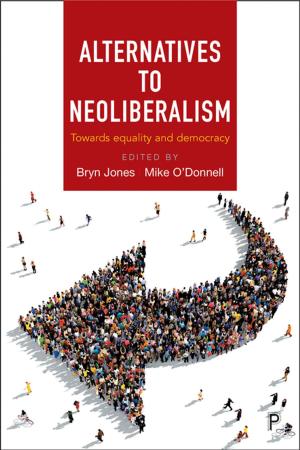Achieving environmental justice
A cross-national analysis
Nonfiction, Science & Nature, Nature, Environment, Ecology, Social & Cultural Studies, Political Science, Government, Public Policy| Author: | Bell, Karen | ISBN: | 9781447323433 |
| Publisher: | Policy Press | Publication: | April 28, 2014 |
| Imprint: | Policy Press | Language: | English |
| Author: | Bell, Karen |
| ISBN: | 9781447323433 |
| Publisher: | Policy Press |
| Publication: | April 28, 2014 |
| Imprint: | Policy Press |
| Language: | English |
Environmental justice aspires to a healthy environment for all, as well as fair and inclusive processes of environmental decision-making. In order to develop successful strategies to achieve this, it is important to understand the factors that shape environmental justice outcomes. This optimistic, accessible and wide-ranging book contributes to this understanding by assessing the extent of, and reasons for, environmental justice/injustice in seven diverse countries - United States, Republic of Korea (South Korea), United Kingdom, Sweden, China, Bolivia and Cuba. Factors discussed include: race and class discrimination; citizen power; industrialisation processes; political-economic context; and the influence of dominant environmental discourses. In particular, the role of capitalism is critically explored. Based on over a hundred interviews with politicians, experts, activists and citizens of these countries, this is a compelling analysis aimed at all academics, policy-makers and campaigners who are engaged in thinking or action to address the most urgent environmental and social issues of our time.
Environmental justice aspires to a healthy environment for all, as well as fair and inclusive processes of environmental decision-making. In order to develop successful strategies to achieve this, it is important to understand the factors that shape environmental justice outcomes. This optimistic, accessible and wide-ranging book contributes to this understanding by assessing the extent of, and reasons for, environmental justice/injustice in seven diverse countries - United States, Republic of Korea (South Korea), United Kingdom, Sweden, China, Bolivia and Cuba. Factors discussed include: race and class discrimination; citizen power; industrialisation processes; political-economic context; and the influence of dominant environmental discourses. In particular, the role of capitalism is critically explored. Based on over a hundred interviews with politicians, experts, activists and citizens of these countries, this is a compelling analysis aimed at all academics, policy-makers and campaigners who are engaged in thinking or action to address the most urgent environmental and social issues of our time.















